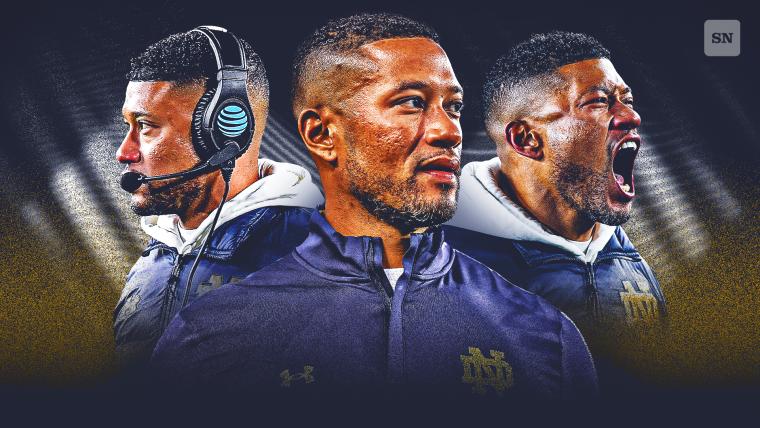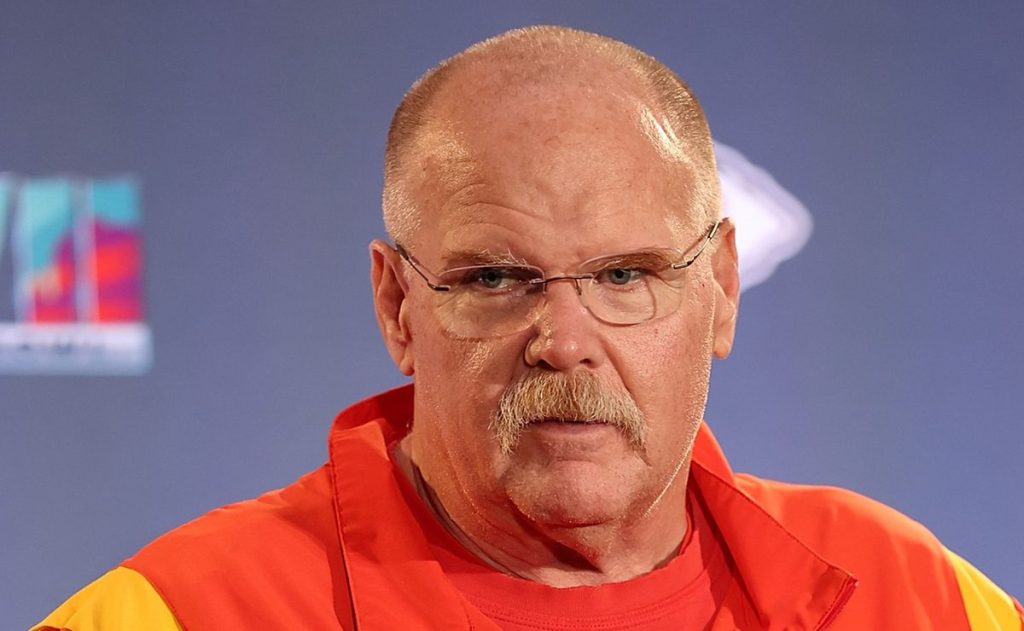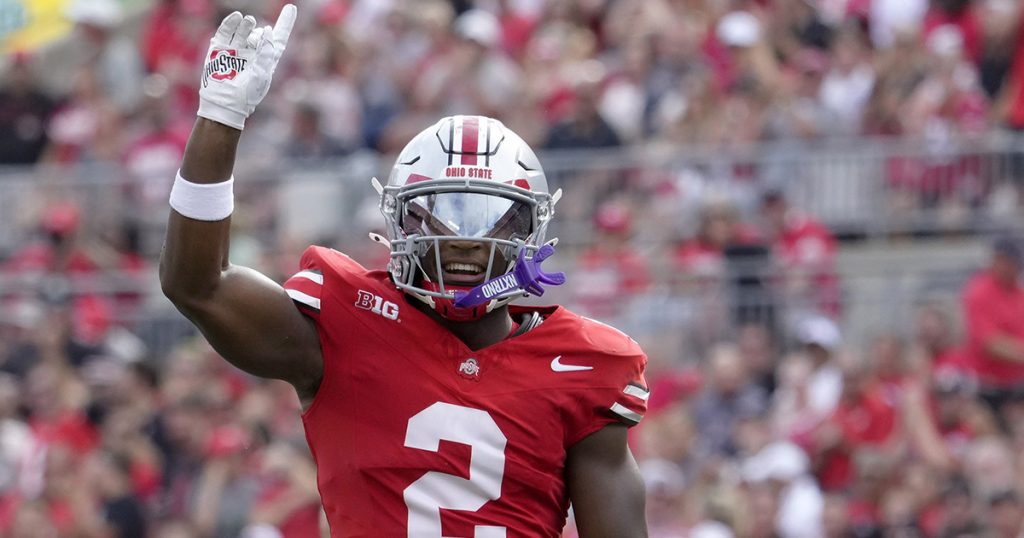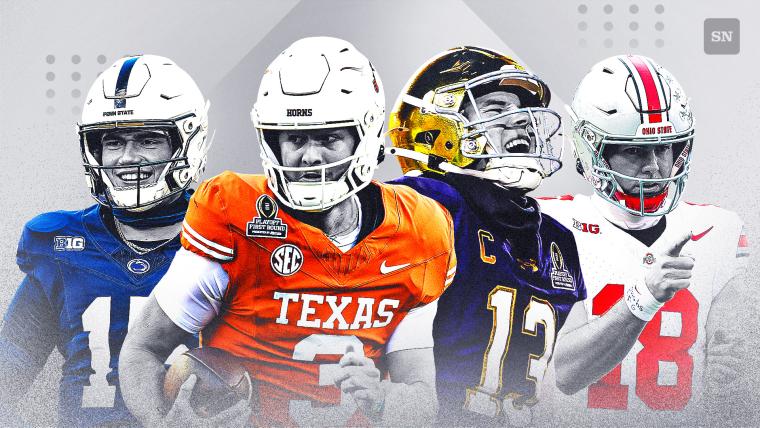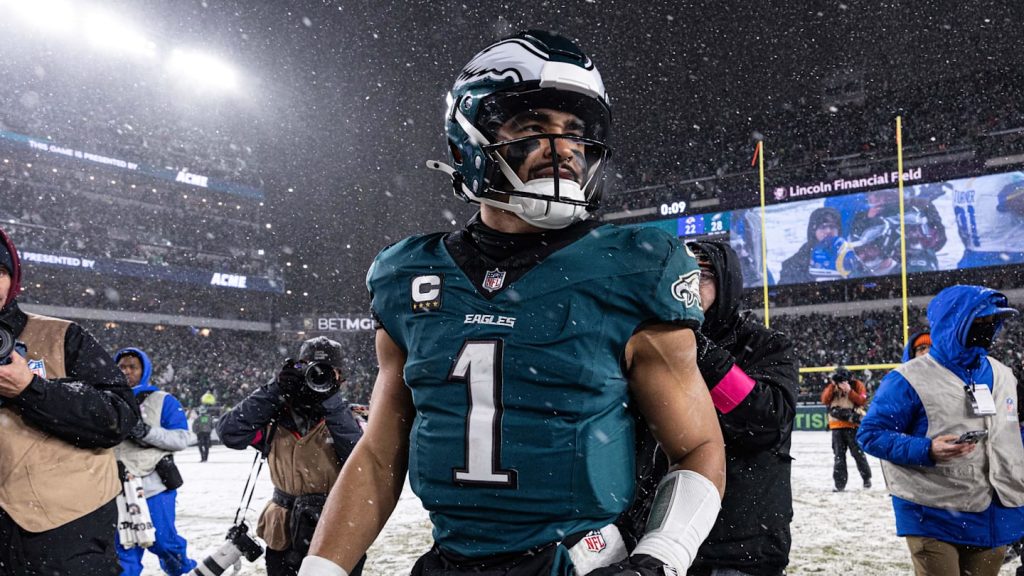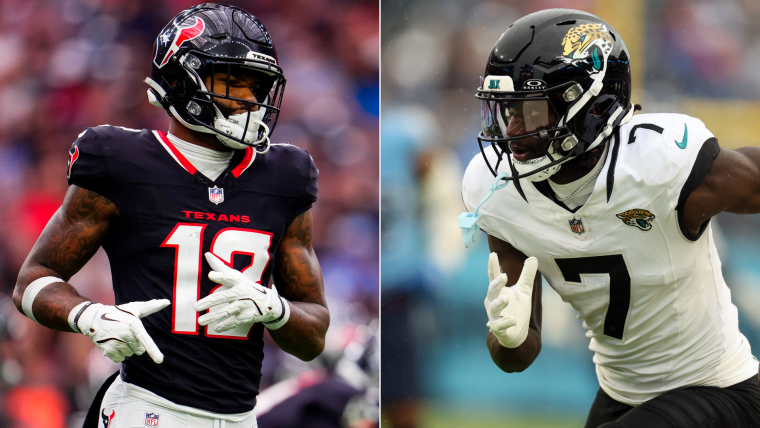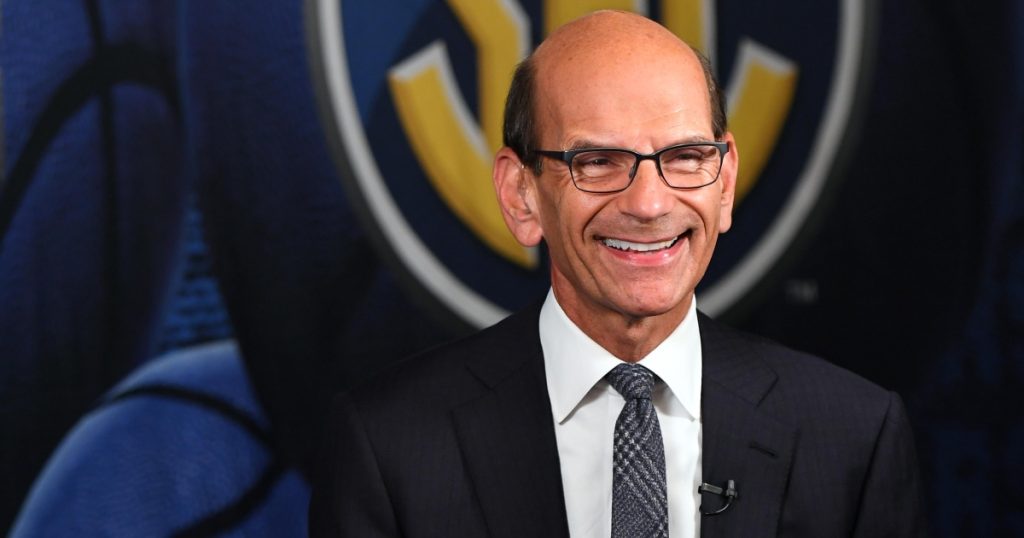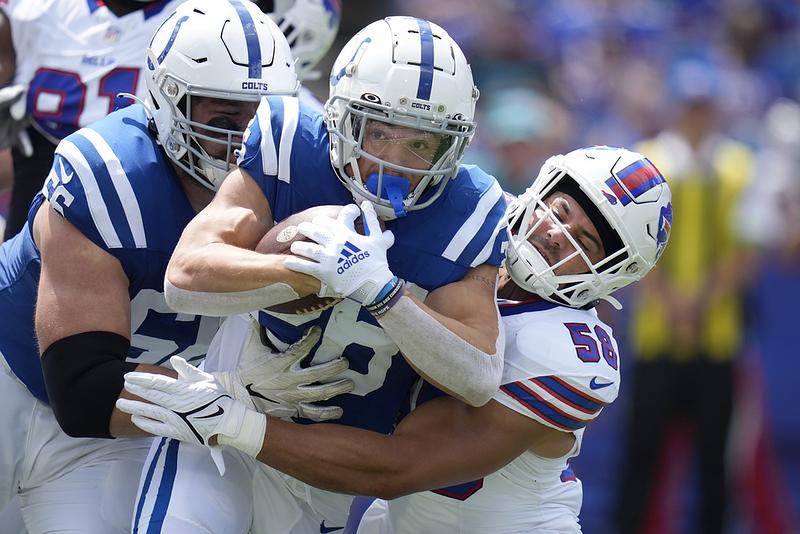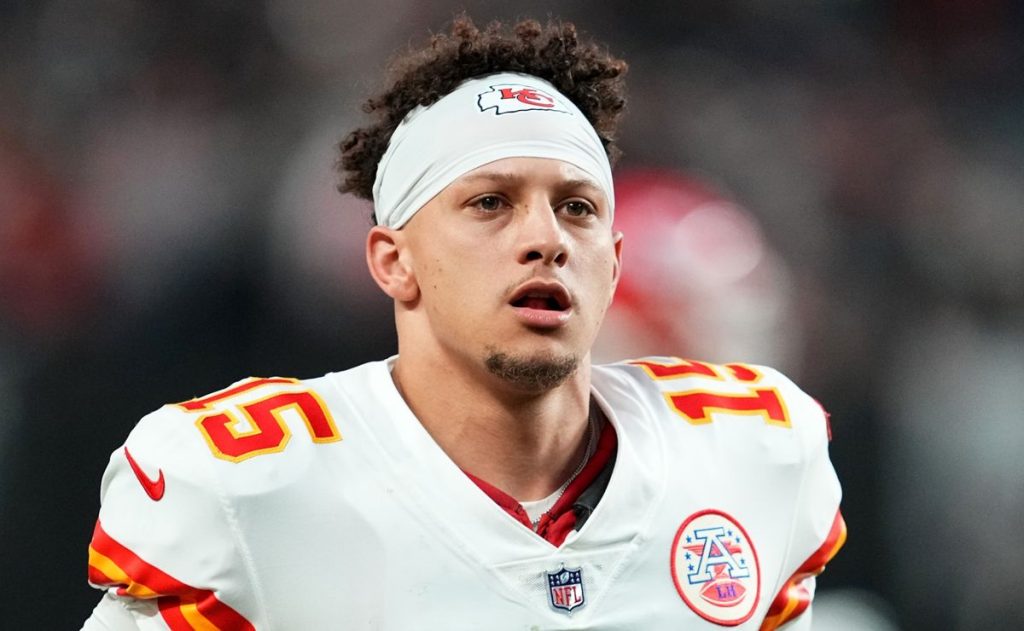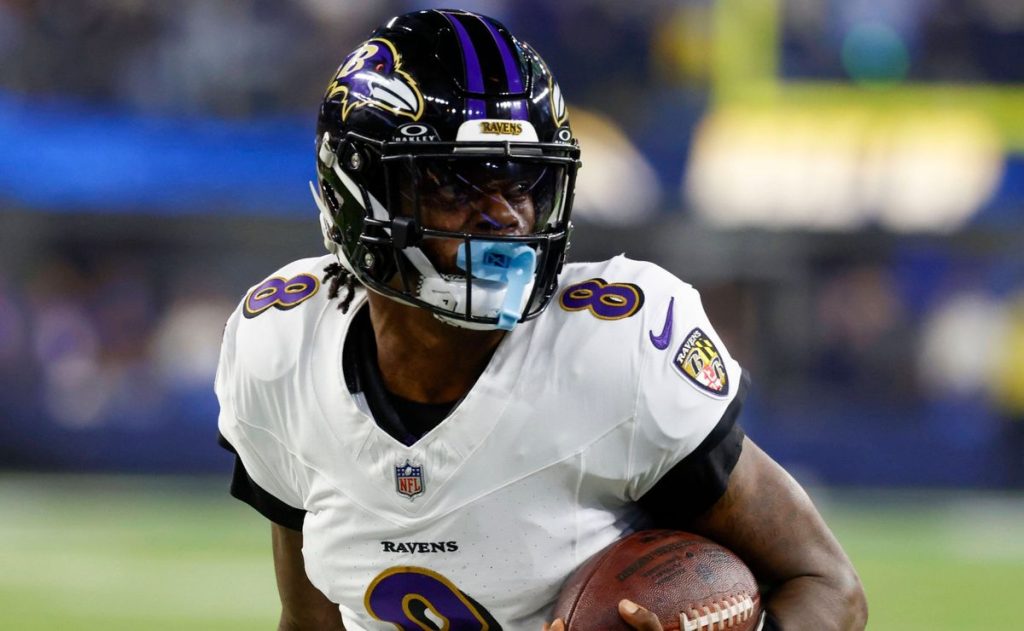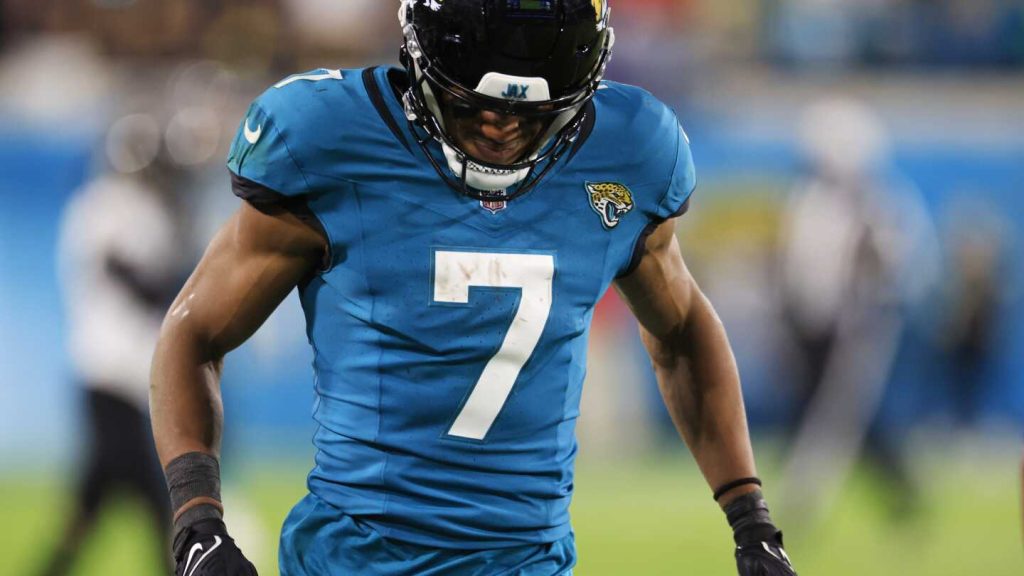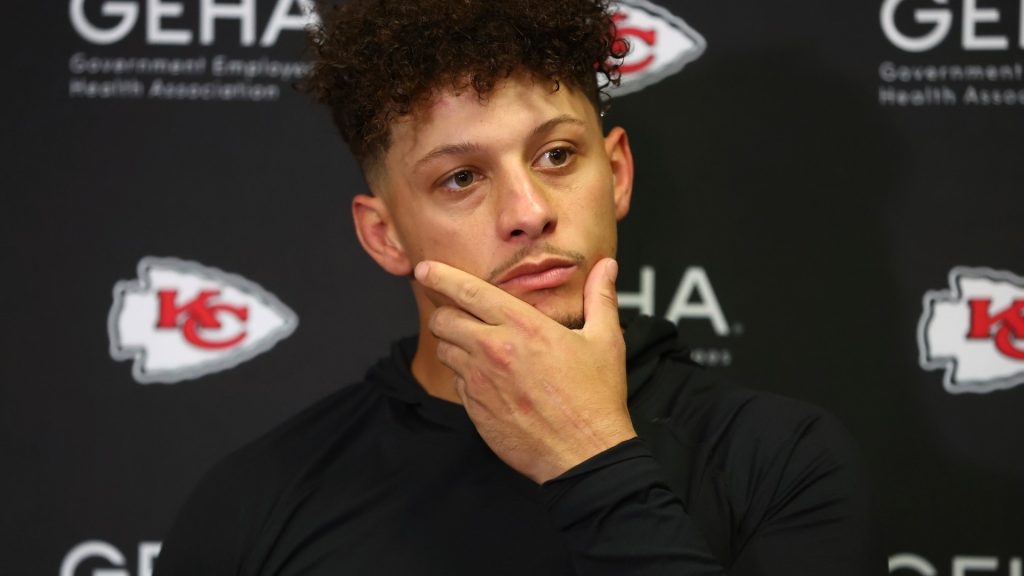Marcus Freeman is on the brink of making history. As he prepares to lead Notre Dame into the College Football Playoff title game against the Ohio State Buckeyes, he finds himself in a unique position. Not only is he aiming for a championship, but he also stands as a potential trailblazer for Black head coaches in college football. While two coaches have managed to defeat the Buckeyes this season, no Black head coach has ever guided a team to a Division I Football Bowl Subdivision championship game. This fact looms large as Freeman navigates this momentous occasion.
Breaking Barriers in College Football
The significance of Freeman’s journey cannot be overstated. In a landscape where Black coaches have historically faced significant challenges, Freeman’s success could pave the way for future generations. The history of Black coaches in college football is sparse. Dennis Green was the first to be hired at a major level in 1981, and since then, the opportunities have often been limited to the most challenging positions. Currently, the Southeastern Conference (SEC) has no Black coaches, highlighting the ongoing disparity in representation.
Freeman’s ascent is particularly remarkable when you consider the broader context of sports. In other major leagues, Black coaches have achieved significant milestones. For instance, Bill Russell won an NBA championship in 1968, and Tony Dungy led the Indianapolis Colts to a Super Bowl victory in 2007. Yet, college football has lagged behind, making Freeman’s potential achievement all the more poignant.
Freeman’s Perspective on His Role
Freeman has consistently emphasized that he doesn’t want this moment to be about him. “If me being a Black and Asian head coach in the college football national championship gives others that opportunity, that’s awesome,” he remarked recently. His focus remains on his team and the opportunities that may arise for others in the coaching world. This selflessness is a hallmark of true pioneers, who often find themselves in the spotlight for breaking barriers.
The legacy of a pioneer is not just about personal accolades; it’s about the doors that open for those who follow. Freeman recognizes that his success could inspire younger coaches who may have previously thought their dreams were unattainable. The importance of representation in coaching cannot be overstated, especially in a sport where Black head coaches have been few and far between.
Freeman’s Coaching Journey
Freeman’s path to this moment has been anything but ordinary. After a brief stint trying to make it in the NFL, he began his coaching career as a graduate assistant at Ohio State. His rapid rise through the coaching ranks included roles as a position coach at Kent State and Purdue, co-defensive coordinator at Purdue, and defensive coordinator at Cincinnati and Notre Dame. His decision to join Notre Dame as defensive coordinator was pivotal. Within a year, he became head coach when Brian Kelly departed for LSU.
As of December 2024, Freeman stands as one of only 16 Black head coaches out of 138 programs in college football. His record of 33 wins and 9 losses over three seasons, culminating in a historic 14-1 season, showcases his ability to lead a storied program. The Fighting Irish have a rich history, with legends like the Four Horsemen and Tim Brown gracing their roster, and Freeman is now part of that legacy.
The Challenges of Representation
Despite Freeman’s success, the challenges facing Black coaches in college football remain significant. Historically, when Black coaches have been hired, they often find themselves in tough situations with little support. For instance, Sylvester Croom, the first Black head coach in the SEC, faced immense challenges at Mississippi State. His tenure saw only one winning season in five years, a reflection of the uphill battle many minority coaches face.
Moreover, the SEC currently has no Black coaches, and only two in the broader Southern region, which includes states from Virginia to Texas. This stark reality underscores the need for change in hiring practices and a reevaluation of how opportunities are distributed across the sport.
Mentorship and Growth
Freeman’s success is not solely a product of his talent; it’s also about the people who have influenced him along the way. Mike Tomlin, the Pittsburgh Steelers head coach, has often spoken about the importance of mentorship in his journey. Tomlin learned from basketball coaches like Larry Finch and John Chaney, emphasizing the value of guidance in navigating the complexities of coaching.
Freeman’s own journey reflects this need for mentorship. He has built relationships with influential figures in the sport, which has undoubtedly contributed to his success. As he prepares for the title game, he carries the hopes of many who see him as a symbol of progress in a sport that has historically been slow to embrace diversity.
The Road Ahead
As the 2025 College Football Playoff title game approaches, the stakes are high for Freeman and the Fighting Irish. The potential for history to be made is palpable, and the implications of this game extend far beyond the field. If Freeman can lead Notre Dame to victory, it could signify a turning point in college football, opening doors for future Black coaches and changing the narrative surrounding representation in the sport.
In a world where sports often reflect societal changes, Freeman’s journey stands as a testament to the power of perseverance and the importance of representation. As he steps onto the field against Ohio State, he carries not just his team’s aspirations but also the hopes of many who believe in a more inclusive future for college football. The moment is not just about winning a championship; it’s about breaking barriers and inspiring the next generation.

